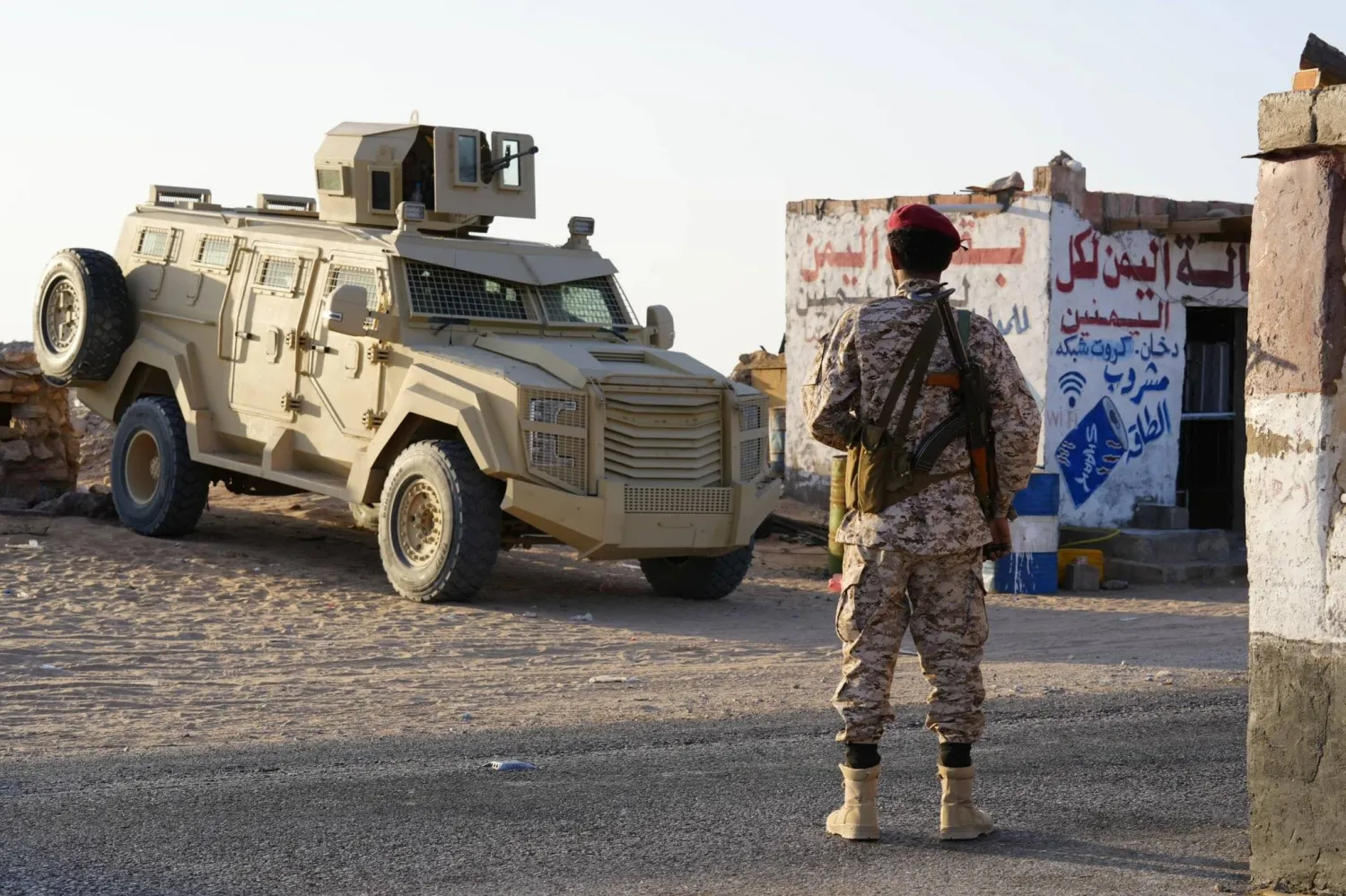An Israeli police unit raided the family home of the two freed prisoners, Karim and Maher Younes, and seized money worth about $150,000 and a car belonging to the family.
The police said they carried out this operation on the orders of Minister Yoav Galant, who claimed that the two prisoners received the money and the vehicle from the financial allocations transferred to them by the Palestinian Authority (PA).
A source close to Galant stated that the order came on the recommendation of the economic anti-terrorism authority in the Ministry of Defense, claiming that new financial allocations had arrived from the PA.
A Younes family source asserted that the money and the vehicles were the family's property, explaining they were allocated to the two prisoners as a gift to facilitate their lives and compensate for their long years of captivity.
He described the Israeli seizure as a "robbery" in line with the series of repressive measures implemented by Israeli authorities against Palestinian prisoners and their families.
Israeli authorities released Karim earlier this month and Maher last week after spending nearly 40 years in Israeli prisons.
Israel was angered by the warm reception the brothers received upon their release.
Israeli had authorities carried out several raids against the family's homes and interrogated several family members, including women.
On Monday, police forces raided Karim's house and detaining two of his relatives for investigation. They also confiscated banners and pictures the family had hung up for the celebrations.
The Israeli government has started enacting a law - tailored with the two prisoners in mind - that aims to deport any citizen convicted of terrorism after serving their sentence and if they had received a salary or allowances from the PA.
Israeli National Security Minister Itamar Ben Gvir had declared he would not rest until Karim and Maher Younes were expelled to Syria.
Minister of the Interior Aryeh Deri had submitted a request to the judicial adviser to the government to deport Younis' relatives.
Karim was elected a member of Fatah's Central Committee while he was in captivity, and given his position, he receives allocations for his political activity.
Israeli intelligence is trying to push him to leave his homeland or move to the West Bank.









